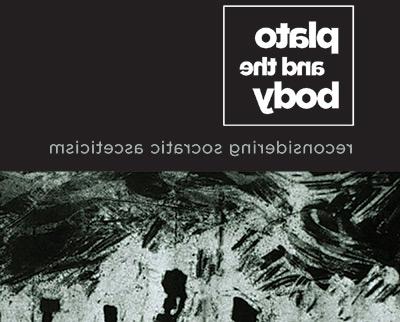September 13, 2018

In Plato and the Body, Zoller, professor and chair of the Department of Philosophy at Susquehanna University, challenges this interpretation in a book she describes as a “paradigm shift in the field.”
The result is an innovative book that Zoller says illuminates the relevance of a broader understanding of Plato concerning contemporary issues like sexual morality, wealth inequality, poverty and peace—all of which indicate that Plato did value the body and the role it plays in personal fulfillment, moral integrity and societal harmony.
Zoller was driven to explore Plato’s views of the human body more deeply when, as a student, she was not convinced that historic interpretations of Plato were correct, particularly from one of the earliest interpreters of Plato, Plotinus, whose work had lasting influence on shaping Platonic studies as well as Christian theology.
“A lot of my [research] was reading Plato’s texts with fresh eyes,” she said.
Over the past eight years and with the help of several students, Zoller “tried to catch key moments” when the translation of Plato’s writings from the original Greek could have altered the philosopher’s intention.
“There is every reason to give reverence to a mind like Plato’s, but that reverence also includes us seeing him in the most genuine way,” Zoller said. “I offer my book as a gift to the reader to see Plato in a new light.”
Plato and the Body is published by the State University of New York Press and is part of their Ancient Greek Philosophy series. It is available for purchase now.
